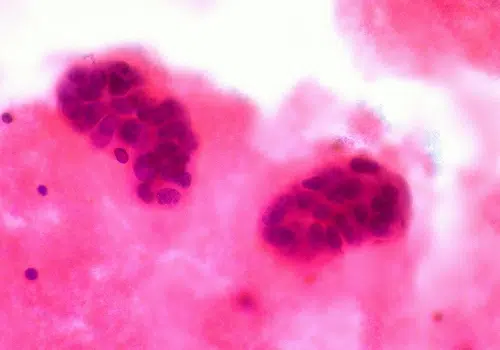A research team from the Schulich school of Medicine and Dentistry combined artificial intelligence and genetic data of breast cancer patients, to determine their outcome. The team also used two common drugs used for chemotherapy in the study, and found artificial intelligence is especially effective in determining if the patient will go into remission.
Dr. Peter Rogan, who led the study, said the results will help doctors decide which drug is best for their patients’ treatment.
“Given that they have choices, it’s obviously desirable to select the drug that is predicted to be effective, as opposed to one where you can’t necessarily predict whether it’s going to be effective,” he said, adding it would be also useful to find out what to use after the cancer cells reject the drug.
Rogan said they are planning to study different types of drugs for different types of cancer with the same method.
“We’re planning a project on bladder cancer. In that case, the drugs used often result in recurrence of the tumor, so we aren’t actually able to say whether they will be either sensitive or resistant to the drug. We’re really looking at how long it will take for the tumor to reestablish itself.”
He said cancer patients responded positively to the results. However, since about 300-400 patients were involved, they want to expand the research.
“In order to validate a bio marker like this, usually you have to look at thousands of patients.”


